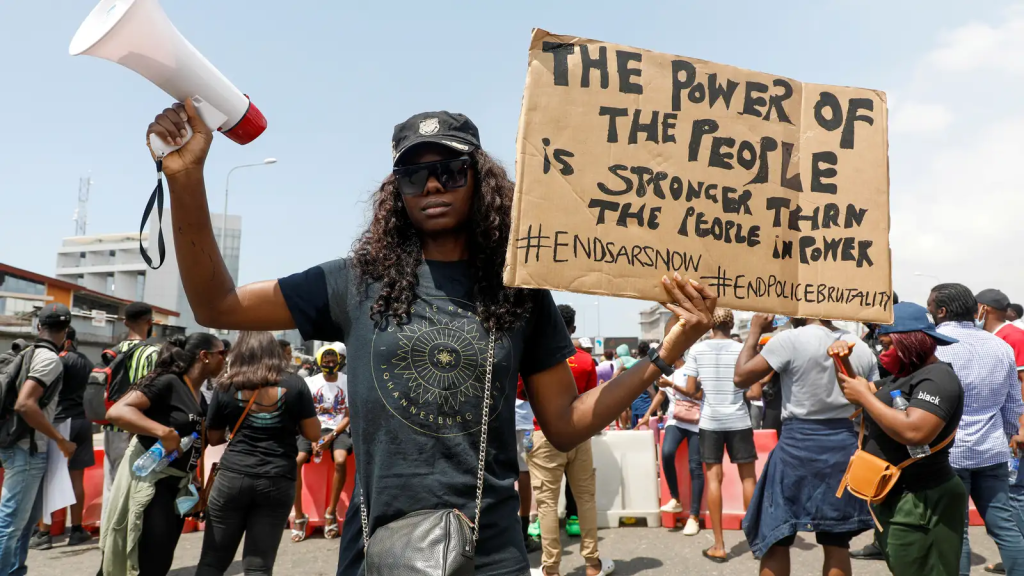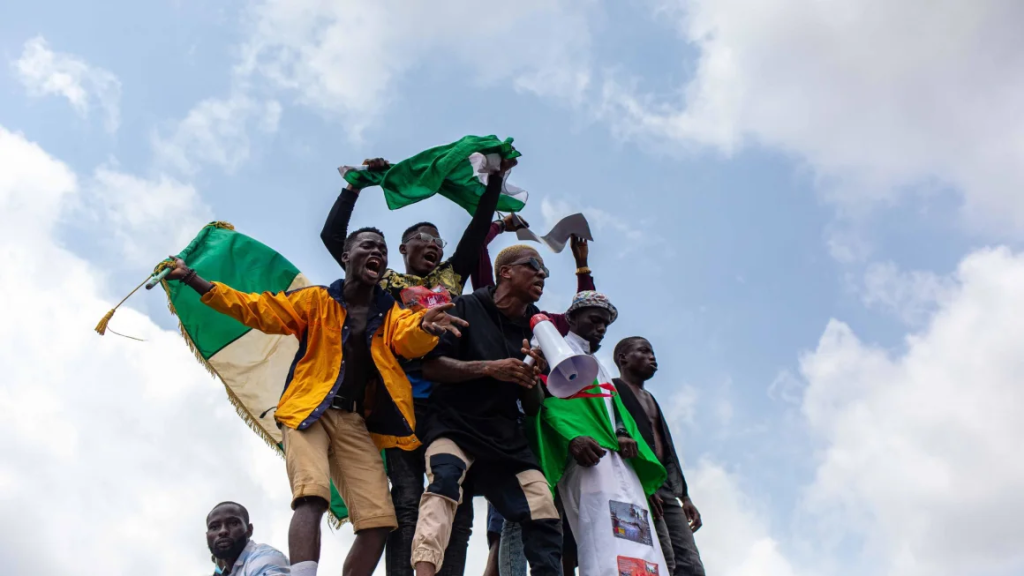The ability to protest is a fundamental human right, enshrined in the Nigerian constitution, and essential for holding those in power accountable. Yet, in recent times, the Nigerian government has consistently shown a disregard for this right, violently suppressing peaceful protests and arresting activists. Nigerians must reverse this trend for the sake of the country’s democracy and the well-being of its citizens. It suffices that the official opposition to the planned August 1 #EndBadGovernmentInNigeria protest is baseless and counterproductive.
Flowing from the above, protests are a vital expression of democratic right. They allow citizens to voice their opinions and demands collectively and effectively. The right to resist is not just a nicety; it is a necessity. It allows citizens to express their grievances, challenge unjust policies, and demand change. When those in power take away this right, they leave citizens with no recourse but to suffer in silence. This violates the principles of a democratic society like Nigeria, where the people hold the government accountable.
Moreover, protest has been a powerful tool for change throughout Nigerian history. From the anti-colonial movement to the pro-democracy struggles of the 1990s, protest has played a crucial role in shaping the country’s political landscape. To take away this right would be to erase a vital part of Nigeria’s heritage.
Again, suppressing protest only serves to exacerbate social tensions. When people are denied the opportunity to express themselves peacefully, they may turn to more violent means of protest. This can lead to social unrest, instability, and even conflict. In a country already grappling with numerous security challenges, this is a risk Nigeria cannot afford to take.
In addition, the government’s heavy-handed response to resistance undermines its own legitimacy. When security forces beat, arrest, and detain citizens for exercising their rights, they send a clear message: the government cares more about maintaining power than serving the people. This erodes trust and undermines the social contract between citizens and their government.

So, what can be done to protect Nigerians’ right this right? First and foremost, the government must recognize and respect this fundamental right. This means allowing peaceful protests to take place without interference or intimidation. It also means the authorities must release activists and protesters they have unjustly detained and drop the charges against them.
Secondly, the government must engage with protesters and listen to their grievances. This means creating channels for dialogue and communication, and being willing to make concessions when necessary. By doing so, the government can address the root causes of social unrest and find peaceful solutions to conflicts.
Finally, civil society must continue to mobilise and demand that those in power respect their rights. This means organising peaceful protests, advocating for policy change, and holding the government accountable for its actions. By doing so, Nigerians ensure that people hear their voices and respect their rights.

Therefore, the right to protest is a fundamental aspect of democracy, essential for holding those in power accountable and driving social change. The government must allow Nigerians to exercise this right without fear of repression or intimidation. The government, civil society, and citizens all have a role to play in protecting this right and ensuring that Nigeria remains a democratic society where the voices of all citizens are heard.
_________________________________
I am most obliged for your time here. This means a lot to us, at Inside Success Nigeria. We ensure that the principle of rule of law is maintained and the rights of citizens protected! Kindly visit our website and follow us on Instagram @InsideSuccessNigeria to get more updates



Leave a Reply